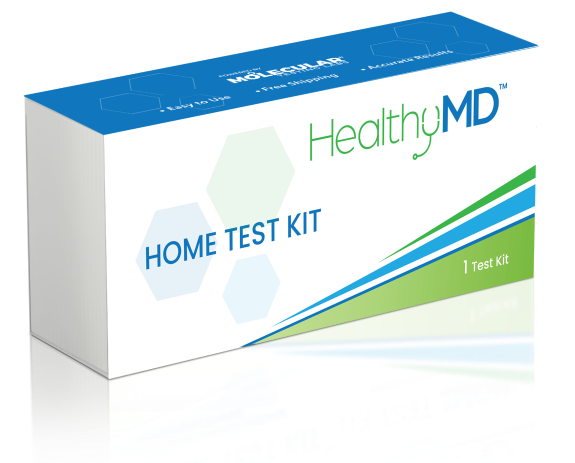
Your sexual health is your business
At HealthyMD, we believe in providing anyone who’s sexually active with all of the information they need to make important decisions about their sexual health. Whether you don’t have a primary care doctor, want to keep your sexual health private, or don’t have access to a regular clinic, HealthyMD ensures you receive the care you need, when you need it.
Speak with one of our licensed medical professionals at one of our in-clinic or mobile clinic locations to take the first step of your journey to a healthier sex life.
Highest level
accuracy
Comprehensive
testing

Home Test Kits
HIV + HEPATITIS C + STD
Tests for: Chlamydia, Gonorrhea, Creatinine, HIV, Syphilis, Hepatitis B, Hepatitis C, hCG (pregnancy test)
Receive your FREE test kit today.
NO waiting room
No Appointment Needed
NO delivery cost!
If you have been exposed to HIV within the past 72 hours please go to your nearest emergency room or urgent care.
HealthyMD Provides In-Clinic & Mobile Services

See our locations to find a clinic near you and discuss your options face-to-face.
Know Your Status
make decisions about your health confidently and confidentially
At HealthyMD, we know that getting tested or discussing your sexual health can be scary, even embarrassing. But you are not alone! More than 20 million people in the United States are diagnosed with a sexually transmitted infection each year. HealthyMD offers everyone the chance to arm themselves with the knowledge to make informed decisions about their health.
Our FREE in-clinic and mobile clinic visits with a dedicated licensed medical professional are private and your results are confidential. Choose a location nearest to you and be one step closer to healthier sex.




